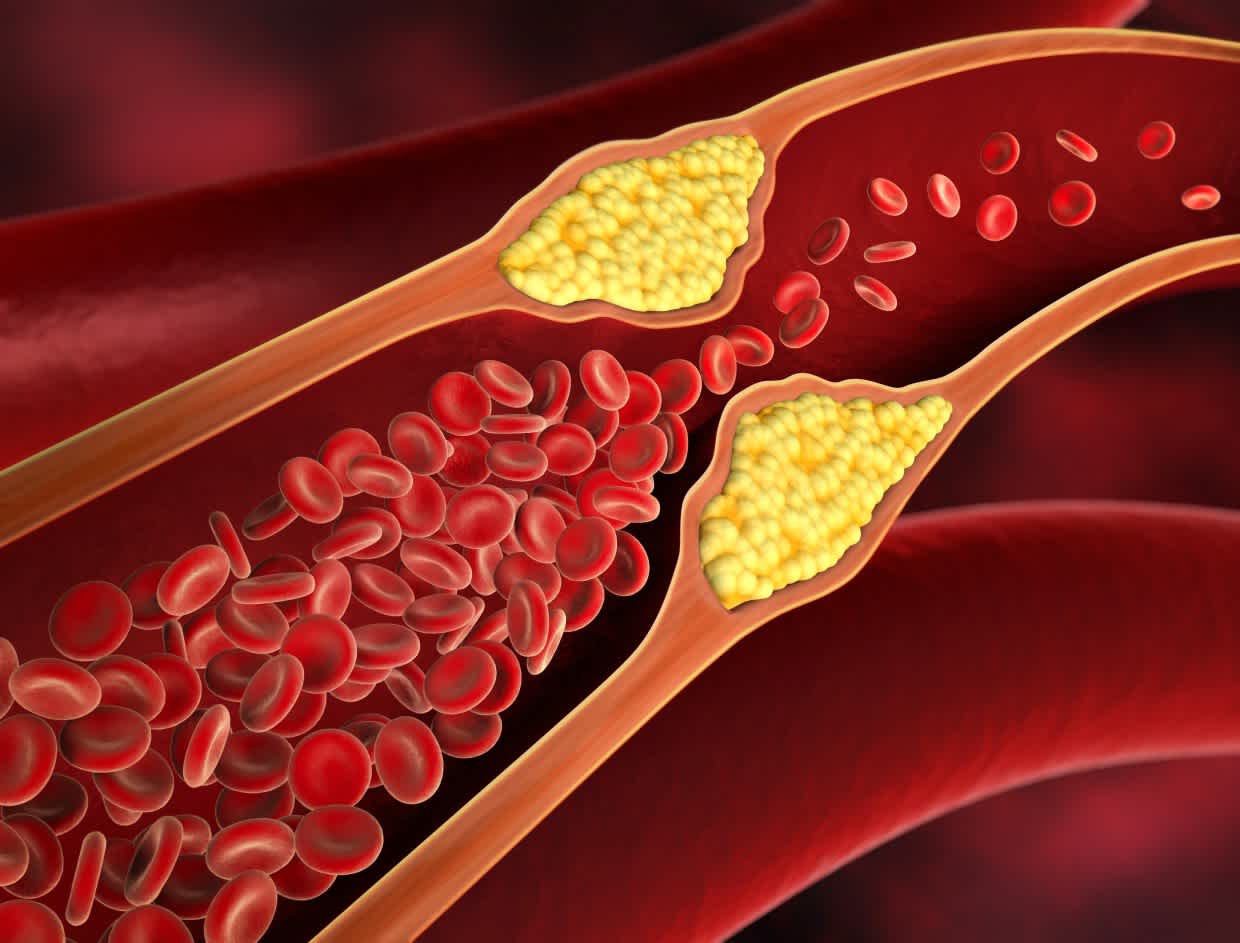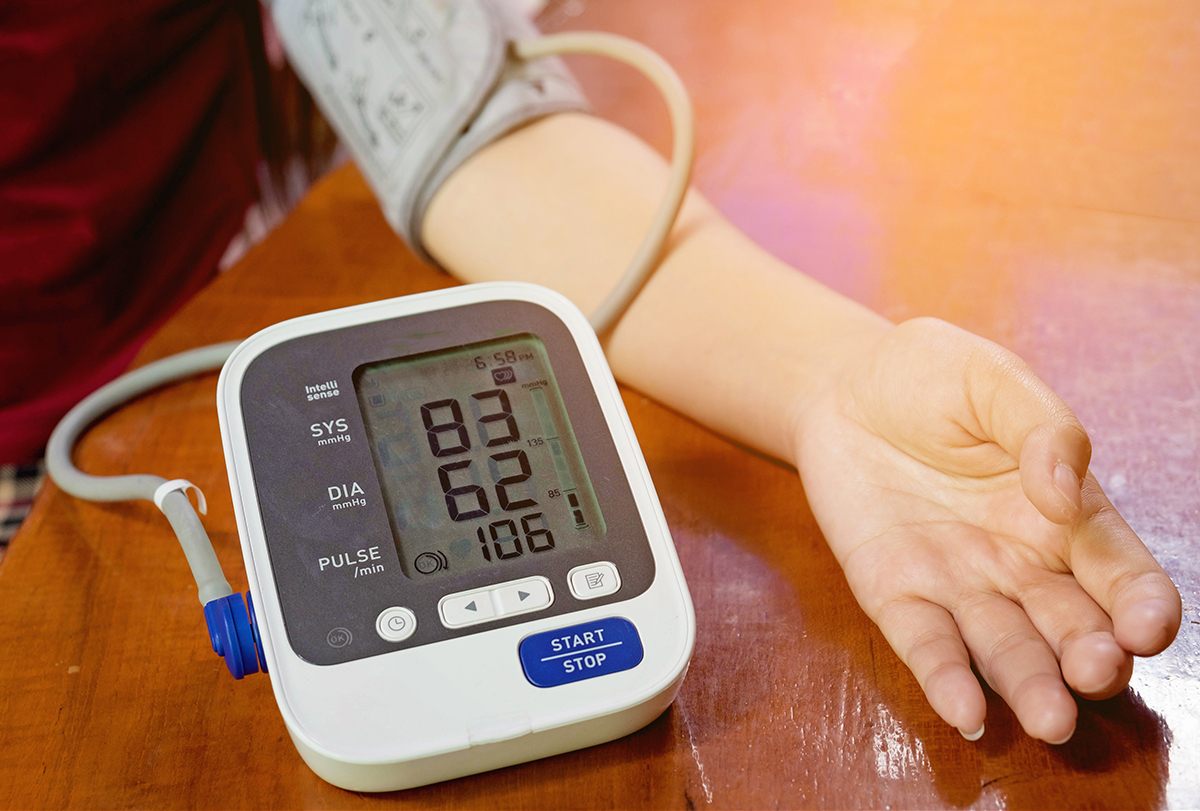Chest Pain, Heart Stroke, Cardiac Arrest, Heart Block, Heart Failure.
Root Cause of Disease
A heart attack occurs when an artery that sends blood and oxygen to the heart is blocked. It also occurs when the flow of blood to the heart is severely reduced or blocked. The blockage is usually due to buildup of fat, cholesterol and other substances in the artery.
Symptoms
Symptoms of a heart attack include:
- Discomfort, pressure, heaviness, tightness, squeezing, or pain in your chest or arm or below your breastbone.
- Discomfort that goes into your back, jaw, throat, or arm.
- Fullness, indigestion, or a choking feeling (it may feel like heartburn).
- Sweating, upset stomach, vomiting, or dizziness.
- Severe weakness, anxiety, fatigue, or shortness of breath.
- Fast or uneven heartbeat.
Women may have atypical symptoms such as brief or sharp pain felt in the neck, arm or back. Sometimes, the first symptom sign of a heart attack is sudden cardiac arrest.
Causes
The leading cause of heart attacks is coronary heart disease. This is where plaque builds up in the arteries that supply blood to the heart. The general buildup of plaque in the arteries is also known as atherosclerosis.
There are two main types of heart attack.
Type I: Heart attacks are where plaque on the inner wall of the artery ruptures and releases cholesterol and other substances into the bloodstream. This can then form a blood clot and block the artery.
Type II: Heart attacks the heart does not receive as much oxygen-rich blood as it needs, but there is not a complete blockage of an artery.
Coronary artery disease (CAD) is the main cause of heart attack. A less common cause is a severe spasm, or sudden contraction, of a coronary artery that can stop blood flow to the heart muscle.
Home remedies to treat Heart attack
Remedy – 1: Hawthorn berry
Materials: Hawthorn berry, Sugar, Ice

Hawthorn is used to help protect against heart disease and help control high blood pressure and high cholesterol. Both animal and human studies suggest hawthorn increases coronary artery blood flow, improves circulation, and lowers blood pressure. It has also been used on the skin to treat boils and skin sores.
A large study found that a standardized hawthorn supplement was effective in 952 people with heart failure. The study compared conventional methods of treating heart failure (with different medications) with hawthorn alone and in addition to the drugs. After 2 years, the clinical symptoms of heart failure (palpitations, breathing problems, and fatigue) decreased significantly in people taking the hawthorn supplement. People taking hawthorn also took less medication for their condition. The best way to consume hawthorn berries is to eat them raw. Raw hawthorn berries have a tart, slightly sweet taste and make great on-the-go snack.
Hawthorn berry tea
Procedure:
- Take a few dried hawthorn berries. Wash them well.
- Add the dried hawthorn and water to a medium pot. Bring to a boil.
- Turn the heat down to a simmer and cook for45 min.
- You will see that the tea has taken on a lovely deep amber color.
- Turn the heat off, and add the sugar, stirring until dissolved.
- Allow to cool completely and then strain in a fine-meshed sieve and serve with ice.
Product link : Hawthorn tea with hibiscus
Remedy – 2: Exercise
Regular exercise helps improve heart muscle function after a heart attack and helps prevent a heart attack by helping you. A heart is another muscle in your body. Physical fitness improves the strength of our body muscles, including the heart. Regular exercise of any muscle group improves its strength. Similarly, in the case of the heart, strength is improved by heart-healthy exercises. A strong heart would be able to function properly. Heart attack prevention can be done by increasing its strength.
Aerobic Exercise :
Aerobic is a high-intensity workout. It is considered as the best exercise for the cardiovascular system. It should be done 4-5 times a week.

Swimming:
Swimming is a great way to build strength. Swimming is effective for your whole body. Swimming works the heart and lungs. This trains the body to use oxygen more efficiently, which is generally reflected in declines in the resting heart rate and breathing rate. It uses the arms, the legs, and other muscle groups in between. This improves muscle strength and flexibility.

Remedy -3: Omega – 3 fatty acids

Omega-3 fatty acids are a type of unsaturated fatty acid that may reduce inflammation throughout the body. Inflammation in the body can damage the blood vessels and lead to heart disease and strokes.
There are some studies in which are said that eating fatty fish and other foods with Omega – 3 fatty acids have a lower risk of heart disease and also these fatty acids can help to prevent cardiac arrhythmias.
Omega-3 fatty acids may benefit heart health by:
- Decreasing triglycerides
- Lowering blood pressure slightly
- Reducing blood clotting
- Decreasing the risk of strokes and heart failure
- Reducing irregular heartbeats
Try to eat at least two servings a week of fish, particularly fish that’s rich in omega-3 fatty acids. Doing so appears to reduce the risk of heart disease, particularly sudden cardiac death.
Preventions
Don’t smoke or use tobacco
One of the best things you can do for your heart is to stop smoking or using smokeless tobacco. Even if you’re not a smoker, be sure to avoid secondhand smoke. Chemicals in tobacco can damage the heart and blood vessels.
Get moving
Aim for at least 30 to 60 minutes of activity daily. Regular, daily physical activity can lower the risk of heart disease. Physical activity helps control your weight. It also reduces the chances of developing other conditions that may put a strain on the heart, such as high blood pressure, high cholesterol and type 2 diabetes.
Eat a heart-healthy diet
A healthy diet can help protect the heart, improve blood pressure and cholesterol, and reduce the risk of type 2 diabetes. A heart-healthy eating plan includes:
- Vegetables and fruits
- Beans or other legumes
- Lean meats and fish
- Low-fat or fat-free dairy foods
- Whole grains
- Healthy fats, such as olive oil.
Manage stress
Some people cope with stress in unhealthy ways — such as overeating, drinking or smoking. Finding alternative ways to manage stress — such as physical activity, relaxation exercises or meditation — can help improve your health.
Get regular health screenings
High blood pressure and high cholesterol can damage the heart and blood vessels. But without testing for them, you probably won’t know whether you have these conditions. Regular screening can tell you what your numbers are and whether you need to take action.




